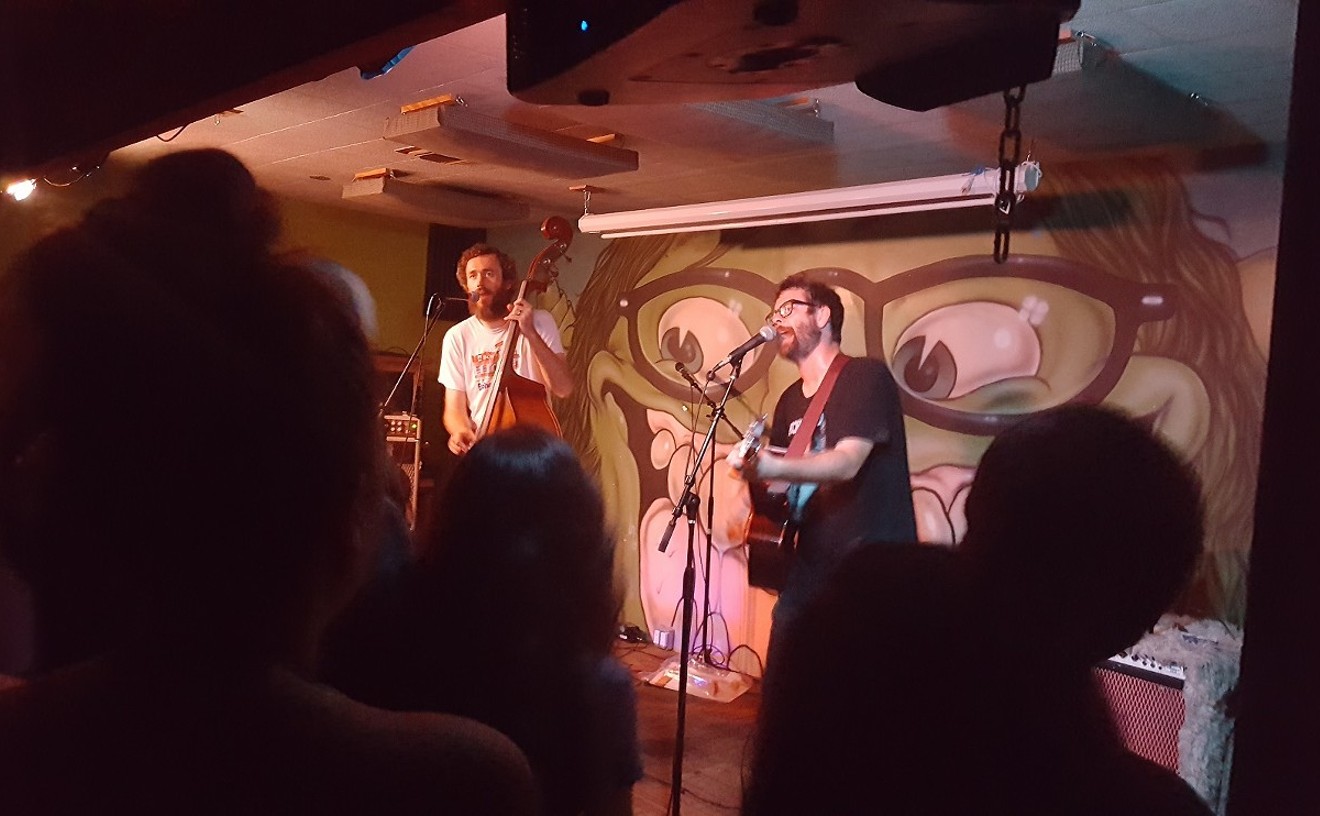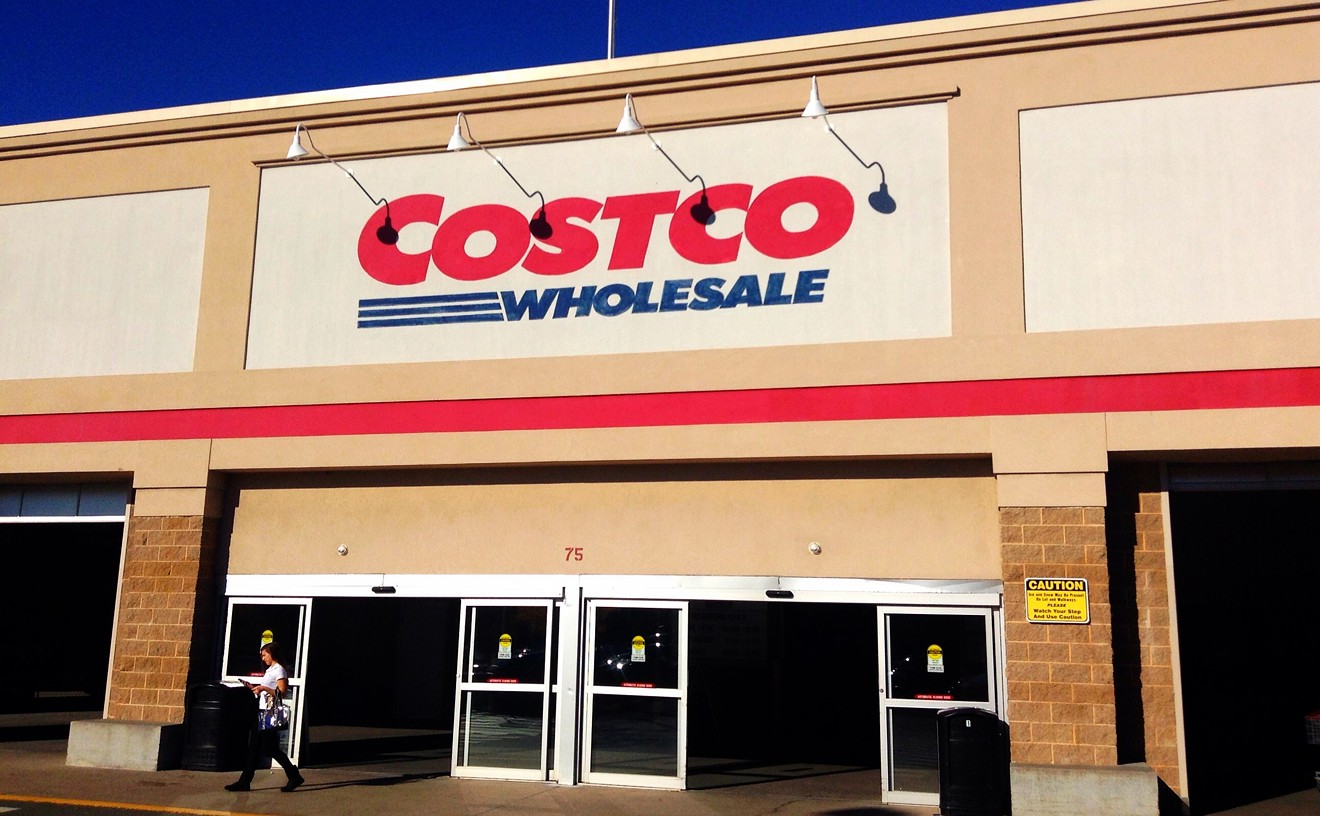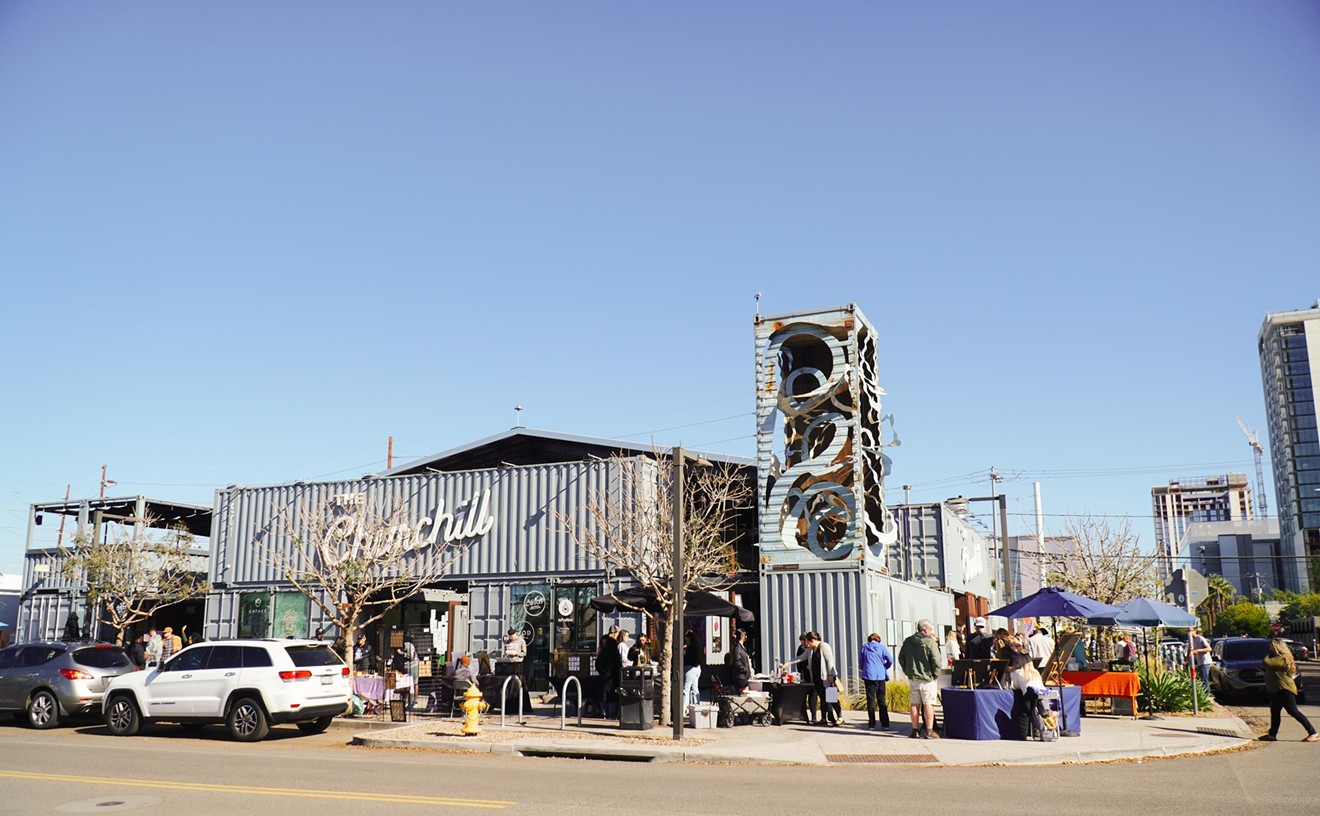"Something else" is a soil-recycling plant that Diversified Contractors wants to set up to vaporize and burn off gasoline and oil from soil contaminated by leaking underground storage tanks. When the surrounding neighborhoods caught wind, they protested the pollution that such a plant might bring to their already industrialized neighborhood. Gray lives within a half-mile of the proposed facility; there are houses within sight of it.
On July 7, Phoenix City Council unanimously enacted a one-year moratorium on permanent, thermal-soil-remediation facilities, as the plant is called. Diversified Contractors responded August 2 by filing a lawsuit against the city, claiming the city zoning department had led it to believe it could operate the facility in any area with heavy industrial zoning, A-2.
Arizona Department of Environmental Quality, meanwhile, has not issued a solid-waste permit to Diversified, not because DEQ is concerned about health hazards, but because the agency doesn't want to get involved in a city zoning battle. Thermal remediation is a sound technology for recycling oil-tainted soils, DEQ argues. But should it be done in a heavily populated area?
"I think it would be more appropriate to do it in areas of less population," says John Godec of DEQ, "but, in fact, there are, indeed, mobile sources all over the Valley and all over the county to do just that."
Diversified Contractors has operated a portable thermal-remediation plant for more than a year, generally transporting it to the scenes of contamination. Soil is loaded into a large drum, then heated with a direct flame to turn the oil into gas, which is captured and burned off.
Because many jobs are too small to merit moving the equipment, Diversified wanted a permanent site to haul in smaller loads of 50 to 100 tons. It found investors to buy the site at 21st Avenue and McDowell, and planned to set up the portable plant next to an 80-by-100-foot building in which it will store contaminated soils before processing.
Neighborhood activists heard of the proposed plant in late May; 17 neighborhood organizations came together to hire an environmental consultant to look into Diversified and the recycling process.
The consultant, James Lemmon, who used to work for DEQ, worried about adding to the already thick cloud of exhaust and industrial pollution that hovers over the area. "If we're talking about gasoline, this might be a great technology," Lemmon says. "But if it's also a waste stream of solvents, waste oils and heavy metals, this is exactly the wrong thing to do. This system is designed to put these things into the air stream; then you have to take them out.
"Their proposal did not call for using the detection equipment and sampling methodology to properly screen for these things," Lemmon points out. "If the waste oils are not properly screened, the process won't do anything toward the destruction of PCBs; it won't take care of the heavy metals or leaded gasoline. . . . Everybody breathes the air."
Furthermore, Lemmon raised concerns that the contaminated soil would be shipped into the facility in uncovered trucks; he questioned whether contaminated dust would blow into the neighborhoods and whether the weight of the trucks would damage the roads. He worried about seepage of oil into the water table, about provisions for flooding and about the chance of the plant exploding.
It did not go unnoticed by the neighbors that a railroad spur passed the prospective plant site. "This is a facility that has enough capacity that, if you do the multiplication, at 220 tons per hour, 22 hours a day, you would run out of soil from Phoenix gas stations or [other] contaminated sites within six months," says neighborhood activist Brian LeCort. "By the time you treated every potential site in Arizona, you would only be one year in operation. Why are they sinking this much money into it? Because California and other states have very strict regulations concerning this type of waste. It is cheaper to bring it here."
Tim Wright of Diversified Contractors denies any immediate plans to import contaminated soil from outside of the state. "It's not that we've never thought to expand our market, but in order to bring dirt in by rail to that site would easily require a quarter-million-dollar improvement, money that we don't have." Wright also denies the allegations that the soils would be untested. "This is a business that is very heavily regulated. DEQ pays a lot of attention to it, the county air-pollution-control people pay a lot of attention to it. Any oil that is accepted is going to have to be screened by qualified engineering firms."
But DEQ engineers express concern about the vagueness of Diversified's proposal. As late as July 1, "there were no engineered plans and specifications in the file," says James Walters of DEQ. "They had filed a narrative describing what the facility would be, and a conceptual plan showing location of many of these features. The original planner asked for plans and specifications. They said they didn't want to do that until they submitted preliminaries to the city and found out what they can and can't put there."
Diversified Contractors has fallen short of county and DEQ regulations in the past. Until late last year, Diversified operated a soil-recycling plant southwest of the city that used bacteria to consume oil products in a process called bioremediation. That facility has been cited by DEQ and by the county for environmental infractions. It operated for four years on temporary permits, until the county questioned its zoning. The neighbors rallied against the facility. So rather than fight the zoning decision in court, Diversified chose to close it and find a permanent site to concentrate on thermal remediation.
In late May, neighborhood activists from near the bioremediation site tipped off activists in the Encanto area that Diversified intended to open a plant at 21st Avenue and McDowell. The Encanto activists, in turn, called City Councilman Craig Tribken and mobilized surrounding neighborhood associations.
On July 7, the council voted unanimously to change the city's zoning ordinance to place a one-year moratorium on thermal-remediation facilities.
On August 2, Diversified Contractors and the investors that bought the property, McDowell Industrial Properties, answered with a lawsuit, demanding building permits. They questioned whether any zoning amendments would apply, since they were already in the middle of the permit process, and they wondered whether they were given proper notice by the city.
Streich Lang, the law firm retained by Diversified, based much of its legal argument on a May 21, 1992, letter from David Richert of the city planning department, in which Richert wrote that such a plant would require A-2, heavy industrial zoning. Diversified and its investors claim that, based on the false assurances of that letter, they have already spent nearly $300,000 on real estate, construction, consultants and permits, and that they stand to lose $2 million per month in revenues while not operating. Richert's letter, incidentally, was written well before Diversified had chosen a specific site.
Karen Schroeder, an aide to Phoenix Mayor Paul Johnson, contests the reasoning. "A landowner does not have any kind of vested right until they actually obtain a business permit," she says. "We have not issued it, and they have been notified by letter that we will not be issuing it."
DEQ, meanwhile, is waiting to see if the zoning moratorium will stand before denying or issuing a solid-waste permit to Diversified. "It's not fully formal," says John Godec, "but the opinion [from the Attorney General's Office], as stated to the director of this agency, is that the City of Phoenix acted appropriately."
Ironically, the lawyers and DEQ are more worried about zoning and jurisdictional boundaries than about the environmental fallout on the community. "I'm not sure we care one way or another," says James Walters at DEQ. "But I don't think we want to approve a facility within a jurisdiction that does not want it."
Karen Schroeder concurs. "This lawsuit won't turn on whether this kind of facility really gives off pollution that hurts the neighborhood," she says. "It's more an issue of whether the City Council followed the correct legal steps in voting to ban this kind of facility."
How to solve the paradox? Thermal soil remediation is a solution to one serious environmental problem, but will the process clean up one neighborhood only to pollute another?
"As far as the safety of this kind of facility is concerned"--the question of whether it should operate near a neighborhood--the agency stands by the technology," says DEQ's Godec. "When these things are, indeed, operated properly, they don't emit harmful chemicals. I think there is more of a NIMBY [Not in My Backyard] issue here than there is not. They don't want it in their neighborhood.










